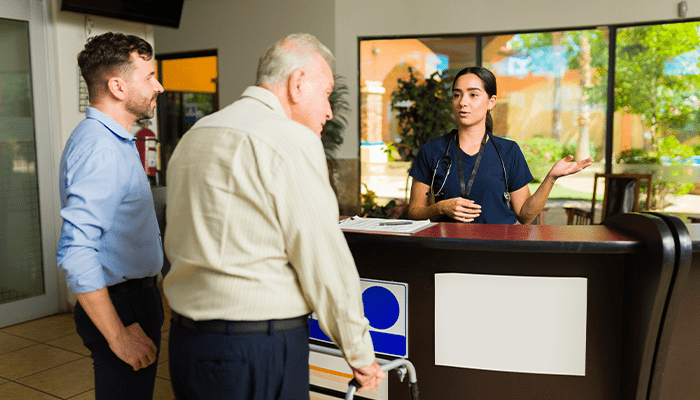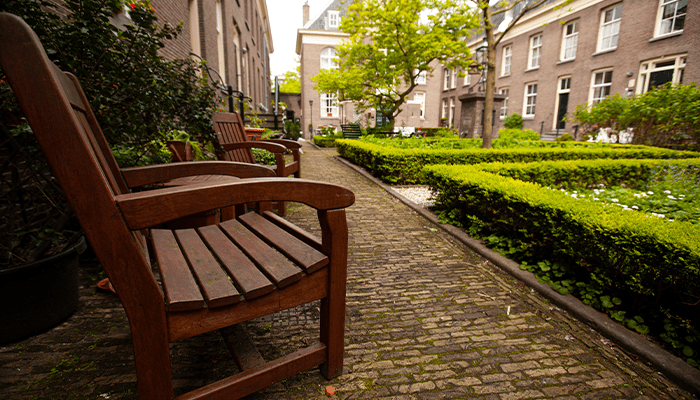
Determining Whether to Allow Medical Marijuana at Senior Living Communities
Medical marijuana use is growing in the U.S. and can be expected to continue to increase as more states legalize its use. Following the November 3, 2020 election, there are now 15 states that have legalized recreational use of marijuana and a total of 36 states allowing for medicinal use. However, according to the Controlled Substance Act of 1970, marijuana is a Schedule 1 controlled substance which is defined as a drug with a “high potential for abuse” with “no currently accepted medical use.” Therefore, use of marijuana remains illegal even for medical purposes according to federal law even when complying with state law. Thus far, the federal government has taken the position that as long as use of medical marijuana complies with state laws, they will not prosecute the individual or entity. To date, there are no known prosecutions in senior living related to use of medical marijuana that is in compliance with state law.
Laws regarding use of medical marijuana vary from state to state and can present a challenge for senior living operators. In states that have legalized the use of medical marijuana, senior living operators are confronted with the obligation to determine if residents will be allowed access to medical marijuana.
Although there has not been significant clinical research related to the efficacy of medical marijuana, there is a growing body of evidence regarding its use and effectiveness in treating a multitude of medical conditions. The decision facing senior living is complex, and the answer is not an easy one. Senior living operators will need to weigh the rights of the resident to have access to medical marijuana to treat an existing medical condition against the perceived risks of complying with state laws.
Things to consider:
- Determine if use of medical marijuana by residents will or will not be authorized. Formalize a policy to reflect this decision.
- Become familiar with your state law related to medical marijuana to guide policy and procedure development.
- Ensure that policies comply with state law and address:
- Evidence of physician recommendation or certification for use of medical marijuana.
- Evidence of participant registration with governing state agency.
- Medical conditions for which use of medical marijuana is approved.
- Types of medical marijuana that may / may not be used within the center.
- Responsibility for procurement, administration and storage of product.
- Acceptable amount of medical marijuana that may be retained by the resident.
- Staff restrictions related to procurement, administration and storage of medical marijuana.
- Consequences for failing to comply with the center policy and procedure regarding use of medical marijuana.
The AssuredPartners Senior Living team has an in-house staff of clinical risk management professionals to assist clients with policy and procedure development. To learn more,contact the AP Senior Living specialists.
Featured News & Insights

As the healthcare industry continues to evolve, staying informed and prepared has never been more crucial. That’s why we are thrilled to announce our 2025 Webinar Series, a yearlong lineup of...

The Centers for Medicare & Medicaid Services (CMS) has announced significant updates to their Long-Term Care (LTC) surveyor guidance, as detailed in the recent QSO-25-07-NH memorandum. Effective...

For senior living facilities, disasters—whether natural or man-made—can disrupt care and impact vulnerable residents, making it necessary to have detailed and up-to-date emergency plans. Our recent...